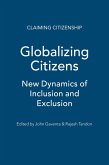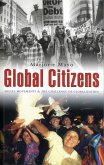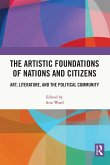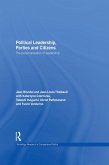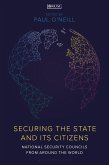Rapid advances and new technologies in the life sciences - such as biotechnologies in health, agricultural and environmental arenas - pose a range of pressing challenges to questions of citizenship. This volume brings together for the first time authors from diverse experiences and analytical traditions, encouraging a conversation between science and technology and development studies around issues of science, citizenship and globalisation. It reflects on the nature of expertise; the framing of knowledge; processes of public engagement; and issues of rights, justice and democracy. A wide variety of pressing issues is explored, such as medical genetics, agricultural biotechnology, occupational health and HIV/AIDS. Drawing upon rich case studies from Asia, Africa, Latin America and Europe, Science and Citizens asks:
· Do new perspectives on science, expertise and citizenship emerge from comparing cases across different issues and settings?
· What difference does globalisation make?
· What does this tell us about approaches to risk, regulation and public participation?
· How might the notion of 'cognitive justice' help to further debate and practice?
· Do new perspectives on science, expertise and citizenship emerge from comparing cases across different issues and settings?
· What difference does globalisation make?
· What does this tell us about approaches to risk, regulation and public participation?
· How might the notion of 'cognitive justice' help to further debate and practice?



